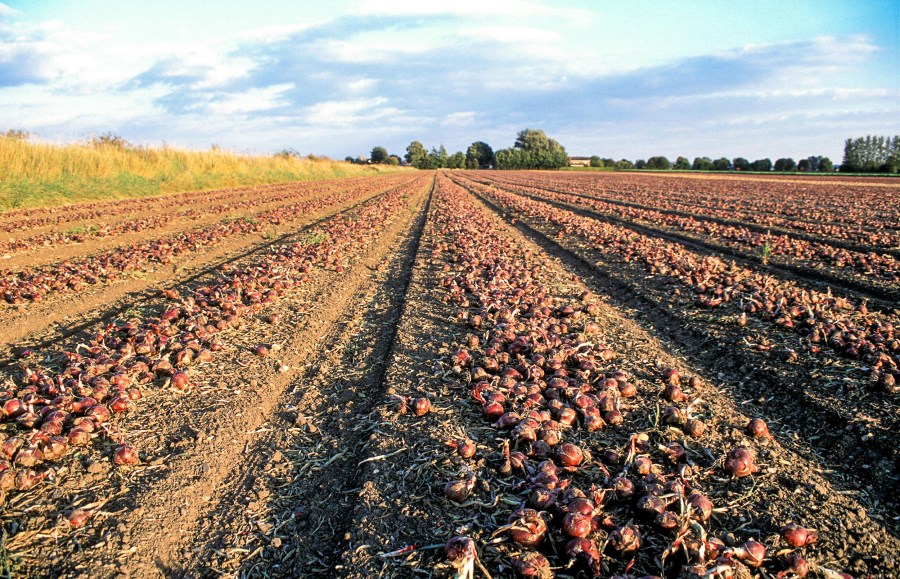A facility using gene-editing technology to improve quality, resilience and sustainability of vegetable crops has opened at the University of Warwick.
The Elizabeth Creak Horticultural Technology Centre (ECHTC), which also contains The Jim Brewster Laboratory, is a £1.5M facility which will use cutting edge techniques such as gene-editing to improve vegetable crops.
Addressing issues relating to disease resistance, crop yield, adaptability to climate change and nutritional value in horticultural plants, the research will help with the key global challenges of climate change and feeding the world’s growing population.
The new Centre, funded by philanthropic donations from the Elizabeth Creak Charitable Trust and the estate of Jim Brewster, who was a research scientist at the former National Vegetable Research Station in Wellesbourne, adds to Warwick’s expertise in crops and plant breeding.
Future scientists
It will also train future research scientists in vegetable tissue culture and gene editing techniques, with Jim Brewster Scholarships awarded to PhD students working in the area of crop science.
“With food one of the top issues on a global agenda, and in the year that the Genetic Technology Bill is going through the UK Parliament and opening up our ability to use gene editing technology, we have a pressing need to grow and harness skills and expertise to help us improve food systems, adapt to changing environments and help solve growing global problems,” says Murray Grant, University of Warwick.
“Gene editing is a process by which scientists, using prior knowledge, can make small modifications to an existing gene or genes which can confer valuable traits in plants, such as disease resistance or enhanced drought tolerance. These changes simply target the plants genetic “blueprint” without introducing any foreign material. Gene editing can shorten the long process of traditional plant breeding where varieties are crossed over many generations to achieve the same goal.
“Researchers at the Elizabeth Creak Horticultural Technology Centre will be applying precision genetic editing approaches to key UK horticulture crops to improve disease resistance, enhance nutritional value and increase resilience to climate change. Aside from increased yields, there are significant environmental benefits to be gained by growing crops with reduced needs for pesticides and water.”




